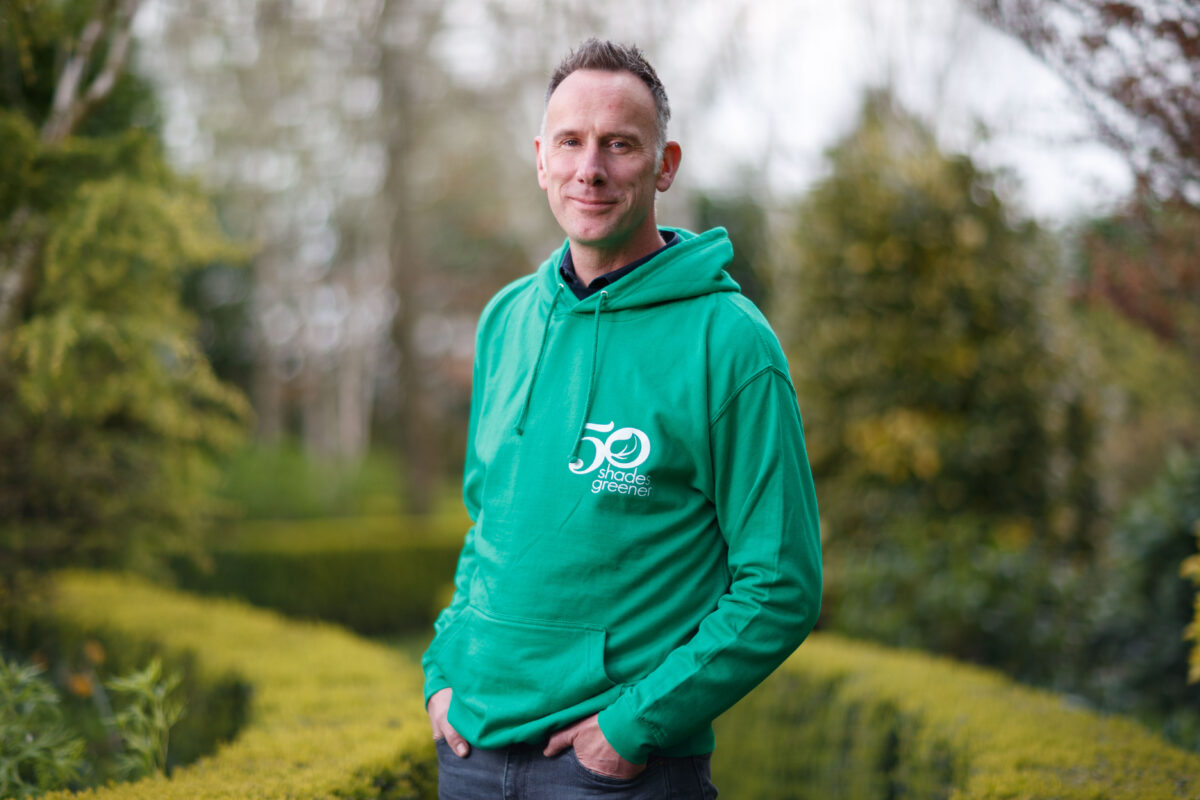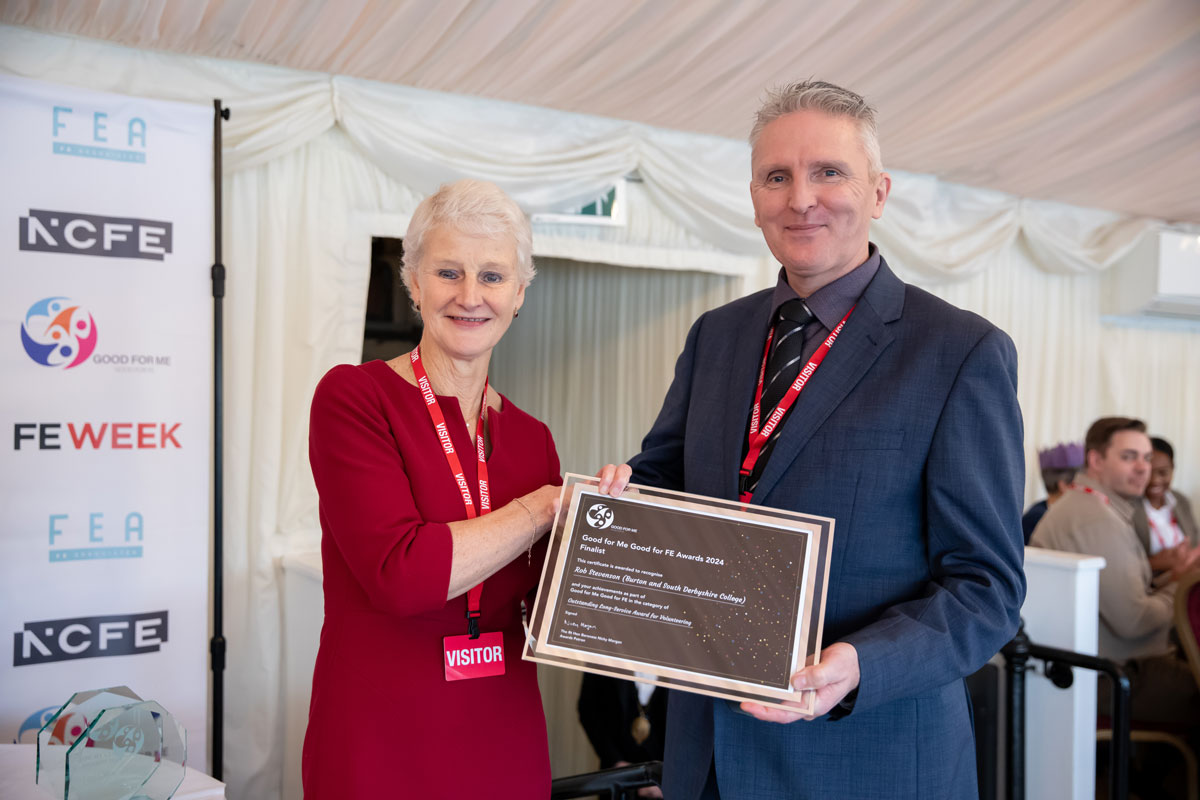Climate + Education = Change: Empowering a Sustainable World

Introduction
The challenges posed by climate change are the most pressing issues of our time. As we face the consequences of global warming, we know we need transformative solutions to mitigate its impacts and create a sustainable future. Education, as a powerful tool for change, holds immense potential to shape the minds of future generations, foster environmental consciousness, and drive meaningful action. The equation is simple yet profound: Climate + Education = Change. In this article, we explore how education can be a catalyst for positive environmental transformation and why it is crucial for us to invest in an education system that prioritises climate action. After all education is our ultimate renewable resource!
1. Delivering Climate Action
To effect meaningful change, individuals need to be equipped with knowledge and understanding but also the skills to implement changes in their lives. Education plays a vital role in building climate literacy by teaching learners about the science behind climate change, its causes, and its consequences. By integrating climate education into curricula across various subjects we can foster a generation of informed citizens who understand the urgency and complexity of the climate crisis. Climate literacy empowers individuals to make informed decisions, engage in sustainable practices, and advocate for policy changes that address climate change.
2. Fostering Environmental Stewardship
Education can cultivate a sense of environmental stewardship, instilling in students a deep respect for the natural world and a commitment to preserving it. By integrating sustainability principles into educational institutions, we can create a culture that encourages students to adopt eco-friendly behaviours, such as reducing waste, conserving energy, and embracing renewable resources. Through action-based learning and outdoor activities, learners can develop a profound connection with nature, fostering a sense of responsibility and empathy towards natural ecosystems. Environmental stewardship nurtured through education can shape individuals’ lifestyles and choices, creating a ripple effect that extends to their families, communities, and beyond.
3. Empowering Youth Action
Education is a powerful tool for empowering young people to become changemakers. When learners are provided with opportunities to learn about climate change and engage in meaningful action, they develop a sense of agency and realise their capacity to make a difference. Education can nurture youth action by encouraging critical thinking, problem-solving skills, and fostering a sense of social responsibility. By supporting learner-led initiatives, such as climate clubs, sustainability projects, and environmental campaigns, educational institutions can amplify young voices and provide platforms for collective action. Empowered by education, young activists have the potential to influence public opinion, challenge the status quo, and drive policy changes for a sustainable future.
4. Bridging the Gap: Climate Justice and Education
Climate change disproportionately affects marginalised communities around the world. Education can play a crucial role in addressing climate justice by promoting inclusivity, equity, and the voices of underrepresented groups. By incorporating diverse perspectives and narratives into climate education, we can foster empathy and understanding of the social, economic, and environmental inequities exacerbated by climate change. Additionally, access to quality education is essential for vulnerable communities to build resilience, adapt to changing environmental conditions, and participate in sustainable development. By ensuring equitable access to climate education, we can empower marginalised communities to actively engage in climate action and decision-making processes.
5. Creating a Sustainable Workforce
As industries transition towards sustainability, driven by policy and regulation, there is a growing demand for a skilled workforce that can drive green innovation and shape sustainable practices. Education plays a pivotal role in preparing individuals for the jobs of the future by equipping them with the knowledge, skills, and behaviours required in a rapidly changing world. Integrating sustainability into education can create pathways for learners to pursue careers in renewable energy, environmental sciences, sustainable agriculture, and more. By nurturing a sustainable workforce through education, we can accelerate the transition to a low-carbon economy and build a prosperous and resilient society.
Conclusion
Climate change is a global crisis that necessitates urgent action and collaboration. Education emerges as a key driver for change, empowering individuals with the knowledge, skills, and behaviours needed to tackle the climate challenge head-on. By prioritising climate action, fostering environmental stewardship, empowering youth action, addressing climate justice, and preparing a sustainable workforce, we can shape a future in which individuals and communities are equipped to make sustainable choices and drive positive change. Let us recognise the transformative power of education and work collectively towards a sustainable and resilient world for generations to come. Climate + Education truly equals Change.
If you are an educator or an employer and this article resonates with you please get in contact either through our website or direct message me on Linkedin. We are looking for organisations to collaborate with to enable a mass movement of sustainability changemakers.











Responses